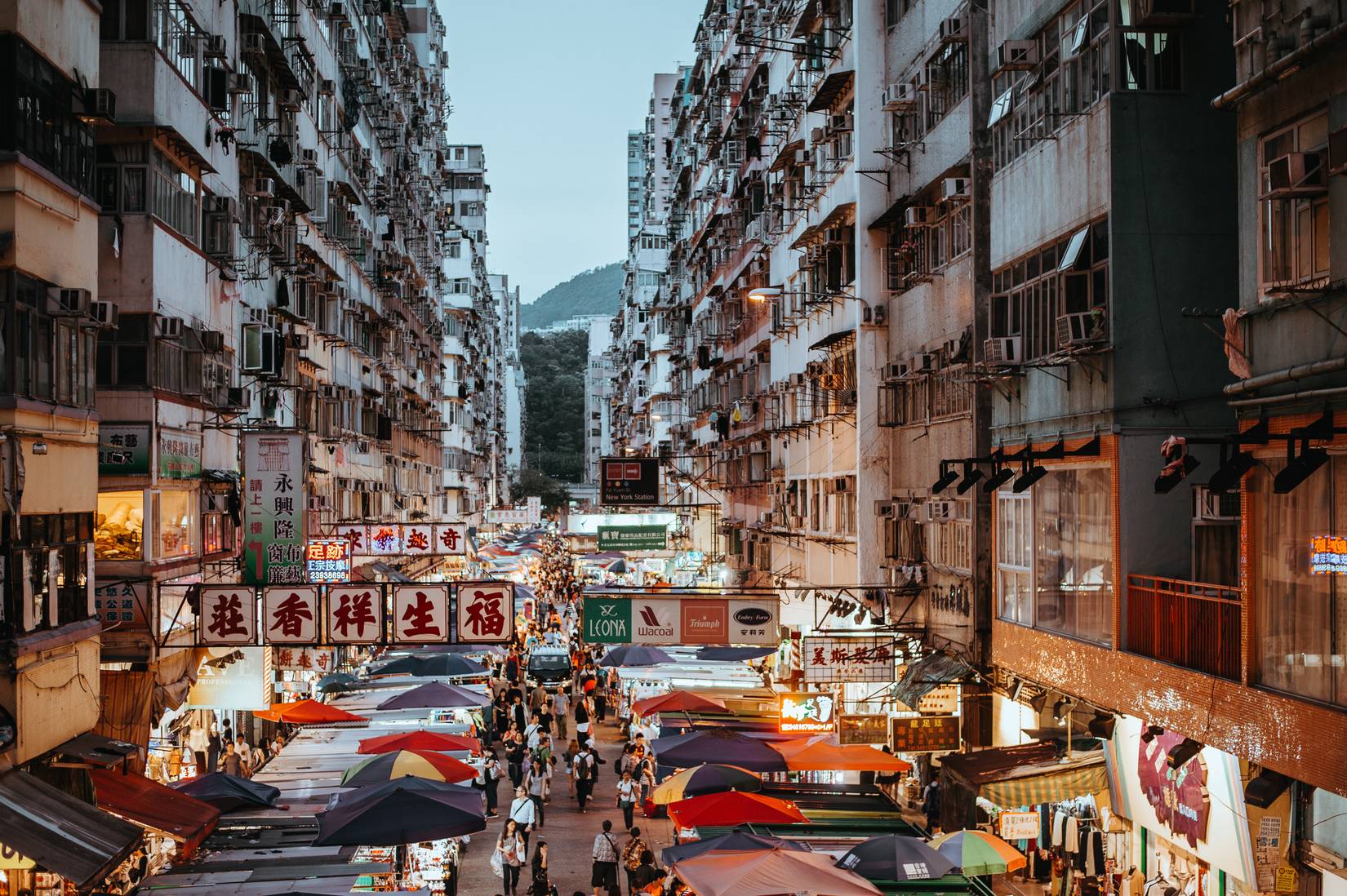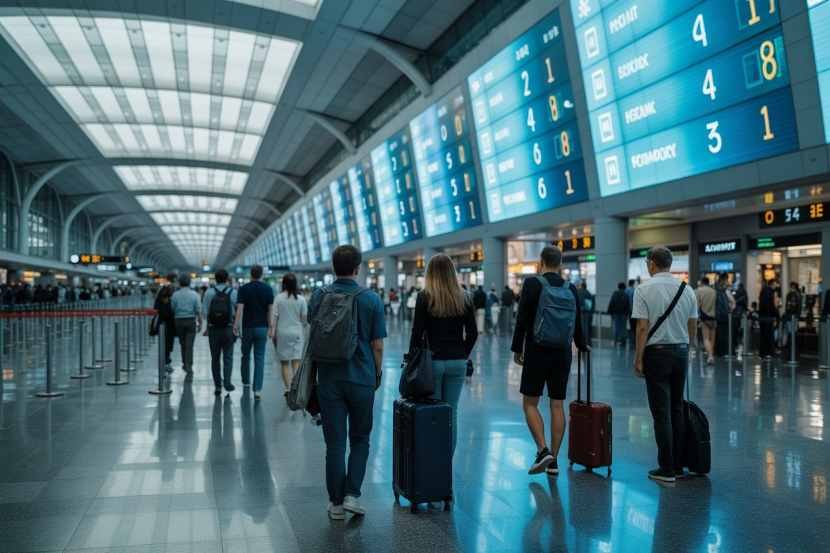The Canadian government has recently issued several travel warnings for popular destinations worldwide. For instance, Ecuador’s advisory was updated to ‘avoid all travel’ due to current protests and demonstrations occurring in the country. Similarly, the Canadian government just issued a travel warning for the most-visited country in the world, France. This is due to the current protests that have hit the country following the collapse of the French government.
Yet, Canada’s latest travel advisory has nothing to do with demonstrations but rather an imminent weather emergency that may soon hit one of Asia’s most popular destinations: Hong Kong. Here is a closer look at the advisory for visitors in the area or heading there soon.
Canadian Government Issues ‘Avoid Non-Essential Travel’ Warning To Hong Kong Due To Typhoon Ragasa
Hong Kong is a highly touristic destination. According to a report by the Hong Kong Tourism Board, in July 2025, it welcomed over 880,000 tourists, which is quite impressive considering that Hong Kong is home to 7,500,000 citizens. Most visitors are from Asian countries, with the highest number of tourists from Taiwan, followed by the Philippines and South Korea. Yet, Hong Kong is visited by people from all nations, and welcomed over 83,000 U.S. citizens in July 2025 alone.

Despite the importance of tourism for this popular destination, the Canadian government recently had to update its advisory due to an imminent weather emergency. The advisory doesn’t mention much and simply states:
We have changed the regional risk level for Hong Kong (…) to “avoid non-essential travel” due to Typhoon Ragasa. Check our travel advice often in case of updates as the storm moves.
This is just one of the many advisories that have recently been updated due to Typhoon Ragasa. Others include the warning for Macao, which was assigned an ‘avoid non-essential travel’ advisory, the Philippines, and Taiwan.
Visitors Are Usually Asked To ‘Exercise Increased Caution’ When Visiting Hong Kong
While not considered as safe as other popular Asian destinations such as Japan, Hong Kong is usually on Canada’s Level 2 list, advising tourists to exercise increased caution. According to the Canadian advisory, petty crime, such as pickpocketing and purse snatching, can occur in some areas. Some of these include:
|
Hong Kong areas where petty crime is likely to occur |
|---|
|
Hong Kong International Airport |
|
Crowded streets |
|
Public transportation |
|
Hotel lobbies |
|
Busy shopping areas and markets |
|
Tourist attractions |
Some tourists have been targeted in the past in incidents of drink spiking in the Wan Chai area. The Canadian advisory also mentions potential ATM fraud, peaceful demonstrations that may suddenly become violent, and the lack of internet privacy.
What Should Tourists In Hong Kong Expect From Typhoon Ragasa?
The Ragasa typhoon has already killed three people and forced thousands to evacuate from the northern Philippines. According to an article by Al Jazeera, on early Tuesday, September 23, the typhoon registered maximum sustained speeds of 137 m.p.h.
While Hong Kong’s airport is set to remain open, flight disruption will likely occur. Over 500 Cathay Pacific flights are expected to be canceled. Businesses and public transport are likely to shut down, and people are stockpiling food and other essential goods to prepare for the upcoming closures, since Hong Kong may shut down for a few days.
How Can Visitors Stay Safe?

While the Canadian government hasn’t released specific guidelines for tourists to prepare for the Ragasa typhoon, it did publish general guidelines for visitors dealing with severe storms while abroad.
Before the storm, people are asked to ensure they have local emergency phone numbers and prepare a survival kit containing food, water, medicines, and other essential goods. During the storm, visitors should check for alerts on the radio, TV, or online. Of course, people are advised never to venture outside and stay away from windows.
Following the storm, tourists are also urged to stay out of floodwater and avoid driving in flooded areas. In addition, people should stay away from power lines and contact relatives and friends in Canada to update them about their condition.
Hopefully, the Ragasa typhoon will only cause minor damage in Hong Kong. Regardless, everyone in the area must stay alert and always follow the instructions of local authorities.








